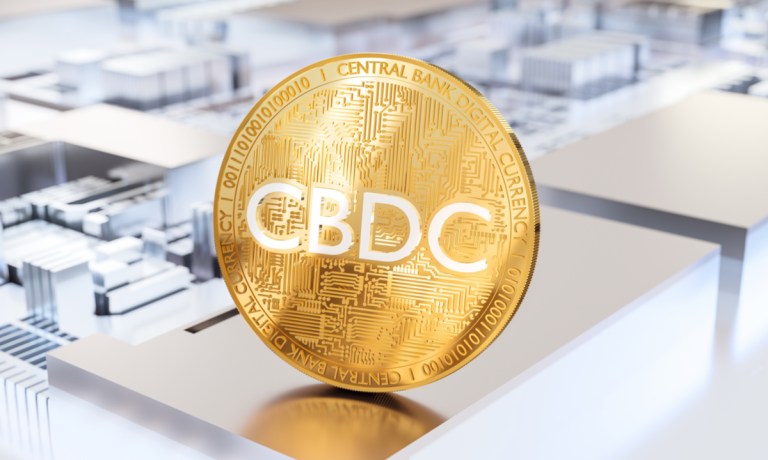Hong Kong Kicks Off Wholesale CBDC Project

Hong Kong’s central bank has launched a wholesale central bank digital currency (wCBDC) project.
The effort, dubbed “Project Ensemble,” is designed to support a new financial market infrastructure (FMI) for the development of the Hong Kong tokenization market, the Hong Kong Monetary Authority (HKMA) said in a news release Thursday (March 7).
“At the core of Project Ensemble is a wCBDC Sandbox that the HKMA will launch this year to further research and test tokenization use cases that include, among others, settlement of tokenized real-world assets (e.g. green bonds, carbon credits, aircraft, electric vehicle charging stations, electronic bills of lading and treasury management),” the release said.
“It could potentially forge a new FMI that bridges the existing gap between tokenized real-world assets and money in transactions,” the release continued.
According to the HKMA, the project will explore “innovative financial market infrastructure (FMI)” that will allow for the settlement of tokenized money through wCBDC.
The initial focus will be on tokenized deposits, a digital representation of commercial bank deposits, issued by commercial banks and made available to the public.
“With wCBDC as the foundation, tokenized deposits can be used for tokenized asset transactions, unlocking new opportunities for optimisation and innovation in the tokenisation era,” the central bank said.
The HKMA’s project is happening at a time when the Bank for International Settlements (BIS), central banks and traditional financial institutions (FIs) are all “tackling various ways and means of creating and using tokenized bank deposits,” as PYMNTS wrote last year.
“And what remains to be seen is whether those initiatives will define competition, or co-existence, with stablecoins and [CBDCs]… or a combination thereof,” that report said.
Among the projects that kicked off last year was Project Mandala, with the BIS working with central banks to “ease the policy and regulatory compliance burden by automating compliance procedures,” and would do so for both CBDCs and tokenized deposits.
The BIS also teamed with the Bank of Korea to test the feasibility of a wholesale CBDC for commercial bank tokenized deposits, and the programmability of those deposits.
“We note that within the private sector — and specifically, among some of the marquee names in banking — tokenization is also gaining currency (pun intended),” PYMNTS wrote. “And tokenization, in principle and in practice, can be extended beyond the confines of deposits/traditional banking liabilities.”